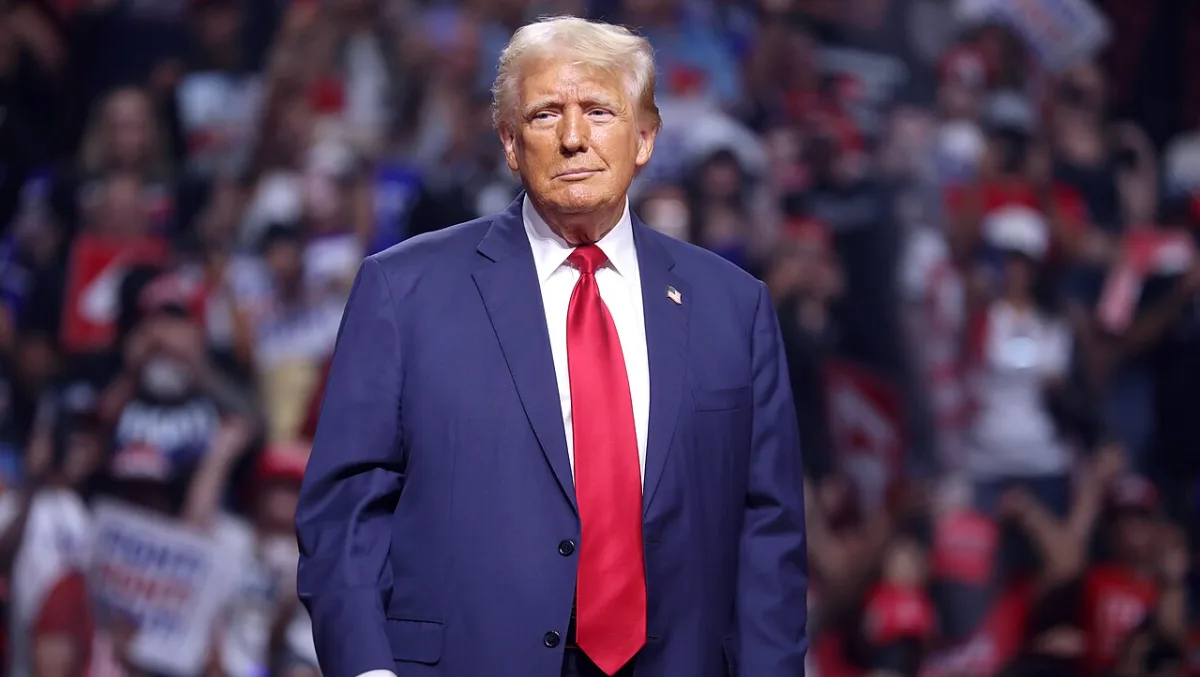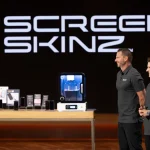
Manufacturing abroad has been the go-to modus operandi for many Western businesses since the turn of the millennium. It is a time-proven cost-cutting method.
Simple math involves cheap production, resulting in higher profit margins and lower prices for the customer. Then came Donald Trump’s sudden tariff hikes in his second term. The United States of America entered into an unsaid trade war (or tariff war, as they call it) with anyone who did not sit well in Mr. Trump’s MAGA vision.
And the Trump tariffs did not spare Shark Tank businesses, among many other things. To say this harshly interrupted businesses would be an understatement. In this article, see how Trump’s tariffs hurt Shark Tank businesses hard in 2025.
It brought a lot of American businesses to a standstill, as major production hubs like India and China were forced to deal with major tariff restrictions, disrupting a lot of supply chains.
Shark Tank Businesses Hit Hard by Trump Tariffs
All of the businesses are feeling the heat of Mr. Trump’s decisions, and Shark Tank-based endeavours are no different. Learn more about businesses that appeared on Shark Tank that are bearing the brunt of Trump’s tariffs the most.
NightCapIt LLC
- Founder: Shirah and Michael Benarde (As seen on Shark Tank Season 12, Episode 12)
NightCap built its brand around the Nightcap scrunchie, a drink cover hidden inside a hair tie.
After testing production in the US at more than four dollars per unit, co-founder Michael Benarde moved manufacturing to China, where factories could handle the entire process at a fraction of the cost. For over four years, that system kept the company stable and supplied large university orders.
That changed with Trump’s new tariffs. A $6,000 order from the UK was suddenly hit with $1,200 in extra costs, catching Benarde off guard while he was away.
The lack of clear trade rules makes it impossible for him to set reliable prices, and he believes tariffs should come with a notice period so small businesses are not blindsided in the middle of production or shipping.
Click & Carry
- Founder: Kim Meckwood (As seen on Shark Tank Season 12, Episode 8)
Kim Meckwood’s Click & Carry was designed to help shoppers carry multiple bags at once. Kim’s business had relied on a factory based in Fujian, China, for the last 8 years.
She tried preparing for tariffs by selling out stocks and building more inventory, but that did not do much.
A container worth $150,000 that once carried a duty of about $19,000 can now be hit with tariffs as high as 145 percent, wiping out her margins.
Meckwood looked into shifting production to the US, but it was not financially feasible. A mold would run more than double the price of one in China.
Resin would still be imported, and labor costs would push manufacturing hundreds of thousands higher. Kim wants to make her product in America, but says that without incentives for small businesses, it cannot work.
Ash & Erie
- Founders: Eric Huang and Steven Mazur (As seen in Shark Tank Season 9, Episode 5)
Ash & Erie is the first major apparel brand built for men 5’8” and under. The company runs a wide supply chain with production in Peru, Mexico, Turkey, China, Vietnam, and Guatemala, sometimes even splitting a single product like denim across multiple countries.
That level of international reach has made the recent tariffs especially difficult, and items already in production jumped in cost overnight.
Most of their spring inventory slipped through before the new tariffs, but the upcoming autumn and winter collections are at risk.
Mazur says the uncertainty forces them to be cautious with how much they produce. They also have to balance the risk of selling out against the risk of being stuck with expensive excess stock.
Toybox Labs
- Founders: Ben Baltes, Jenn Chin, Andy Pavia, and Zach Oligschlaeger (As seen on Shark Tank Season 10, Episode 15)
Toybox Labs makes a kid-friendly 3D printer that lets children pick a toy in an app and print it at home. The company first tried US manufacturing, but the cost was double that of China, and no one would buy the product. Partnering with a Chinese manufacturer has made their business model affordable for the past 8 years.
For complex hardware like 3D printers, moving production is not a feasible option since core parts like motors and magnets are controlled almost entirely by Chinese suppliers.
Somewhat surprisingly, China still remains the only viable option even after considering tariffs. To make matters worse, the unexpected nature of Mr. Trump’s tariffs makes advance planning nearly impossible.
How Trump’s Trade War Hurts Small Businesses
Businesses like these show how fragile the balance is between affordable production and sudden political shifts. They built their operations on predictable costs and reliable supply chains, only to find themselves caught in rules that change overnight on Twitter.
The worst part is that the big corporations have been able to negotiate or find grey areas. It is the small and mid-tier businesses that are left dead in the water of tariffs.




















